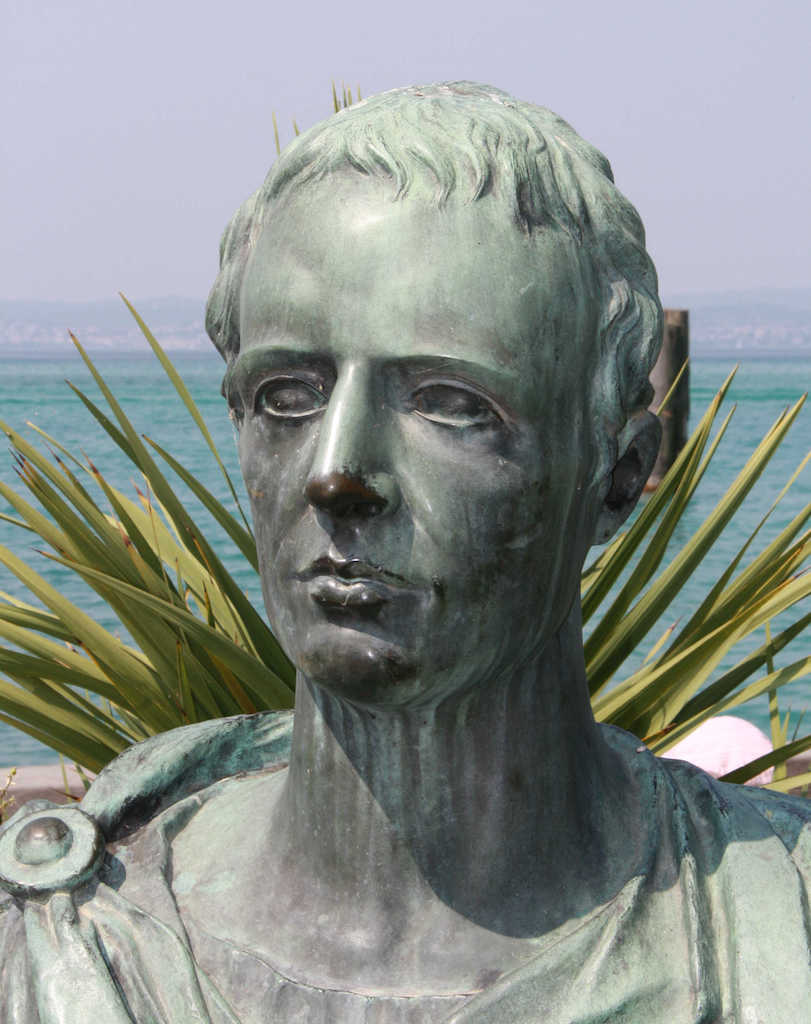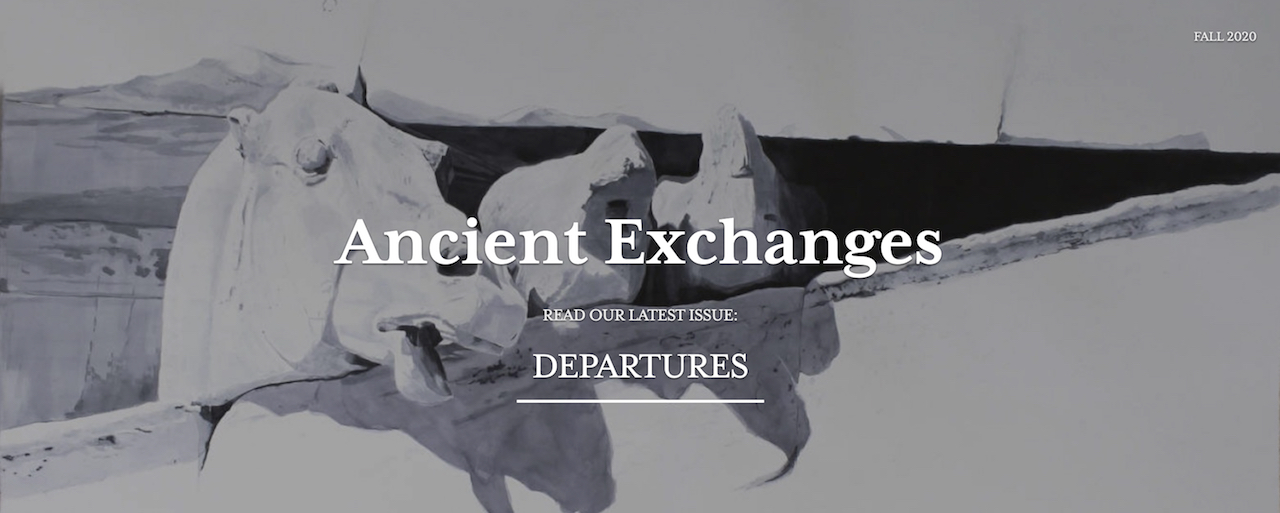Licinius, yesterday at ease(as suited hedonists like us),we played around a lot on mytablets, with each of us writingshort verses, playing metre gamesin turn, both full of jokes and wine.I left there fired, Licinius,by so much of your charm and witthat in my wretched state no foodagreed with me, no sleep at nightwould close my eyes, but, uncontrolledin frenzy, on my bed I tossedand turned, craving a sight of dawnto speak and be with you again.But as my limbs, tired by their toil,lay half-dead on my little bed,I wrote for you, my cheerful friend,this poem, from which to see my pain.Now don’t take risks, don’t spurn my plea,I beg you, apple of my eye,lest Nemesis demand revenge—a violent god: do not hurt her.
L
Hesterno, Licini, die otiosi(ut conuenerat esse delicatos) 3multum lusimus in meis tabellis, 2scribens uersiculos uterque nostrumludebat numero modo hoc modo illoc,reddens mutua per iocum atque uinum.Atque illinc abii tuo leporeincensus, Licini, facetiisque,ut nec me miserum cibus iuuaretnec somnus tegeret quiete ocellos,sed toto indomitus furore lectouersarer, cupiens uidere lucem,ut tecum loquerer simulque ut essem.At defessa labore membra postquamsemimortua lectulo iacebant,hoc, iucunde, tibi poema feci,ex quo perspiceres meum dolorem.Nunc audax caue sis, precesque nostras,oramus, caue despuas, ocelle,ne poenas Nemesis reposcat a te.Est uemens dea: laedere hanc caueto.





